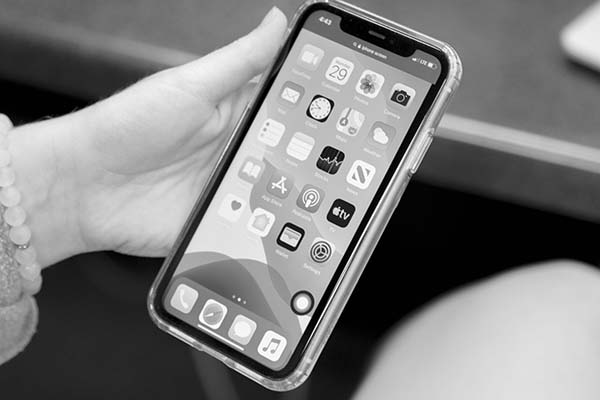
Editorial: Smartphones are toxic to the environment
Once again, Apple has another iPhone coming out, but is it really necessary?
There used to be a need to upgrade your phone every few years. New phones allowed you to use the internet instead of just calling and texting other people. Now, there isn’t a need to buy a new phone every year.
Most phones nowadays give you the same abilities as a computer. But people still buy a new smartphone every year.
Most likely, the phone you have now will work for the next few years. The only reason people buy new phones so often is because it’s seen as a fun or luxurious thing to do. But manufacturing so many new phones each year is severely hurting the environment.
While resources for making smartphones are still plentiful, it’s hard to reach them. Gold, cobalt and lithium are becoming limited resources because they are getting harder to mine.
Mining for these resources has caused many problems for the environment. It contaminates the atmosphere and destroys ecosystems. It creates toxic byproducts such as mercury and cyanide which seep into the soil and water system.
A carbon footprint is the total amount of greenhouse gasses generated by a product. The mining, refining, transportation and assembly of the smartphone’s components make up 80% of the device’s carbon footprint.
While creating smartphones is a big issue, their disposal is also important.
In developed countries, only 15% of smartphones are recycled. On top of this, most smartphones are not disposed of properly. The toxic metals in the phones such as lead, copper and lithium contaminate the water and soil in the landfill.
Disposing of phones is crucial to keeping the environment healthy. While the toxic metals found in phones are safely stored inside your phone while in use, they can be extremely damaging to the environment when the phone is thrown away.
These chemicals aren’t only harmful to animals and the environment. Groundwater is commonly used as drinking water, and once these chemicals reach the water it can severely affect humans. All the toxic metals in the water can cause reproductive problems, cancer and nerve and brain damage to a person.
There are solutions, but they take a lot of time and money. One way to help is not to replace your phone until you need it. It is better to buy a new battery for your phone than get a new one. When you do get a new phone, it is important that you dispose of it properly. Cell phone manufacturers may even have a trading policy where you can trade your current phone for a newer version and pay less. They will dispose of your cellphone, so it isn’t an issue for you.
Smartphones have helped us, but they are now hurting the environment. Something needs to be done before we run out of resources or the toxic metals contaminate more of the earth and water.
